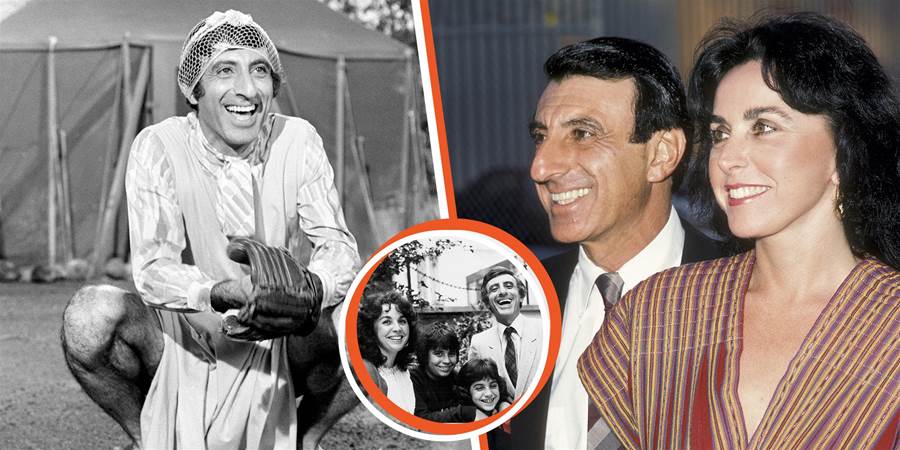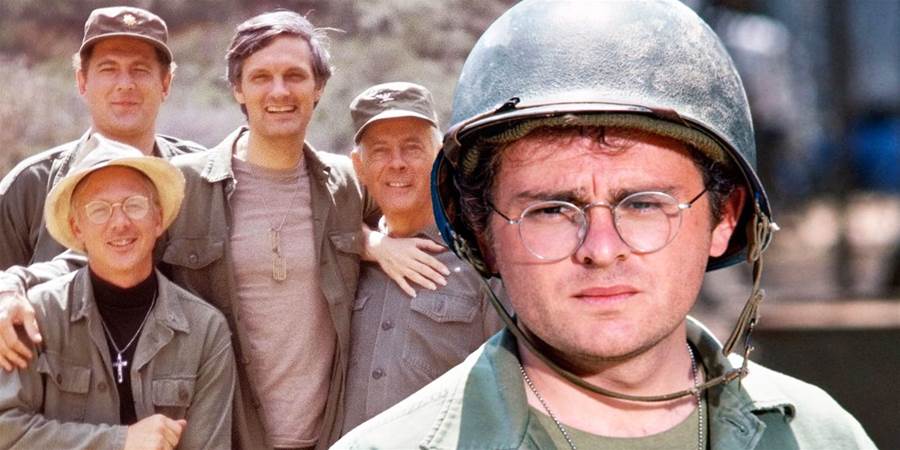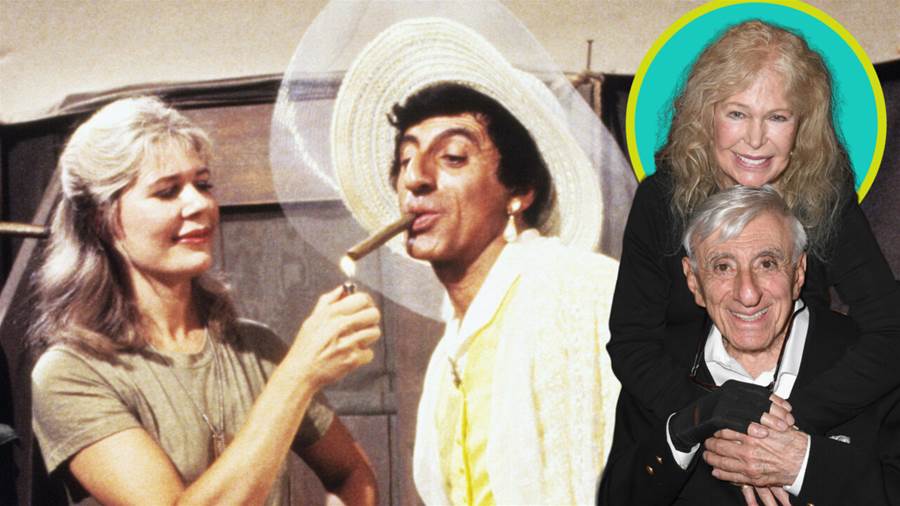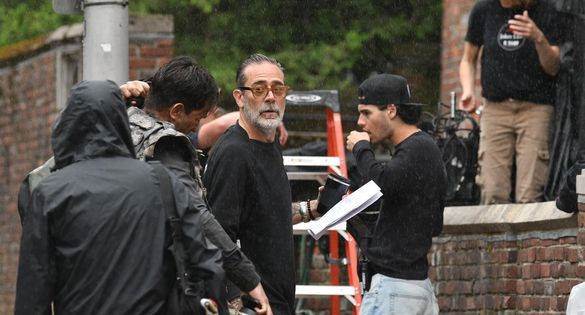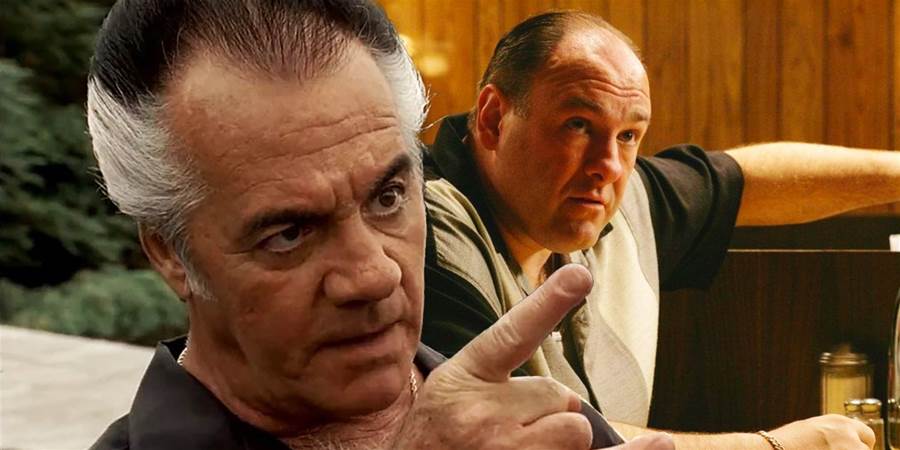
The Sopranos, widely regarded as one of the greatest television series of all time, has left an indelible mark on popular culture. Its intricate storytelling, complex characters, and the infamous final scene have been the subject of much debate and analysis. In this article, we explore the profound impact of the show, the enigmatic conclusion, and insights from the cast, particularly Michael Imperioli's recent reflections on his co-star James Gandolfini.
A Cultural Phenomenon: The Impact of The Sopranos
When The Sopranos debuted in 1999, it revolutionized television. Created by David Chase, the series delved into the life of mob boss Tony Soprano, portrayed by James Gandolfini, who navigated the challenges of his criminal empire and personal life.
The show's raw and unfiltered portrayal of mob life, combined with its psychological depth, set a new standard for TV dramas.
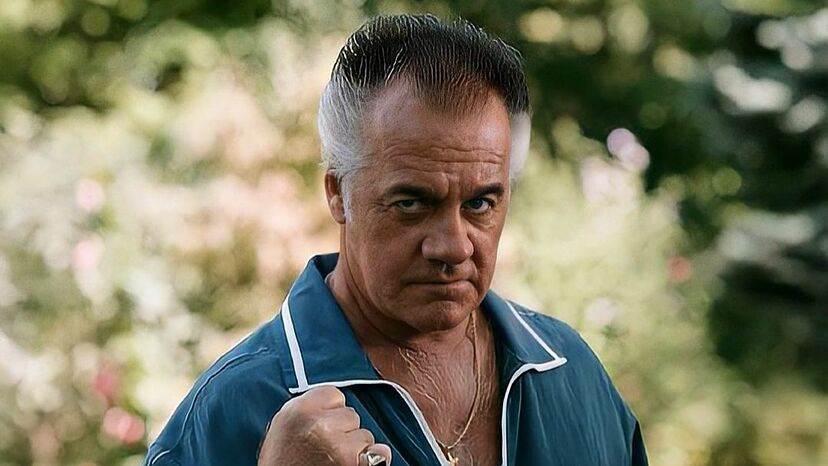
The series finale, which aired on June 10, 2007, remains one of the most talked-about endings in television history. The abrupt cut to black as Tony Soprano sits in a diner with his family left viewers bewildered and sparked endless debates about the character's fate. David Chase's decision to leave the ending ambiguous has been both praised and criticized, but it undeniably cemented the show's legacy.
Decoding the Finale: Paulie Walnuts' Insight
One of the series' beloved characters, Paulie Walnuts, played by Tony Sirico, offered a quote that many fans believe sheds light on the finale. Paulie's reflections on the nature of life and death in the mob world resonate deeply with the show's themes. He once remarked, "In our line of work, the biggest fear is not death, but the suddenness of it. One minute you're here, the next, you're gone."
This quote encapsulates the essence of the show's ending. The sudden cut to black symbolizes the unpredictable nature of life in the mob, where death can come without warning.
It reinforces the idea that Tony's life could end at any moment, reflecting the constant threat looming over him.
Michael Imperioli's Tribute to James Gandolfini
Michael Imperioli, who played Christopher Moltisanti, recently penned a heartfelt tribute to James Gandolfini on the eleventh anniversary of his passing. Imperioli's words highlight the deep bond they shared and Gandolfini's profound impact on his co-stars. In his Instagram post, Imperioli wrote, “Thinking of you today as now you’ve been gone 11 years. Your absence feels as strange, sudden, and not real as it did on that terrible day 11 years ago”.
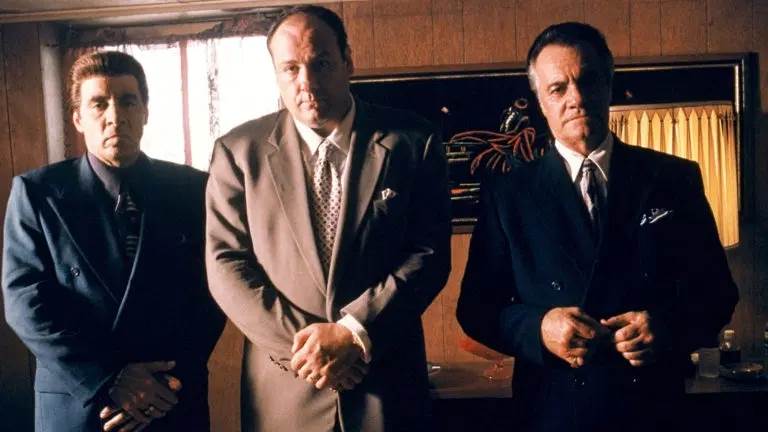
Imperioli's tribute underscores the authenticity and intensity Gandolfini brought to his role. His portrayal of Tony Soprano was not just a performance but a masterclass in acting, bringing depth and complexity to a character who could have easily been a one-dimensional mobster. Gandolfini's ability to convey vulnerability and menace simultaneously made Tony Soprano a compelling and unforgettable character.
The Sopranos' Enduring Influence
The legacy of The Sopranos extends beyond its controversial ending.
The show paved the way for a new era of television, influencing a generation of writers, directors, and actors. Its success demonstrated the potential of serialized storytelling and complex character development in television, setting the stage for subsequent critically acclaimed series like Breaking Bad and Mad Men.
The Personal Touch: Reflections from Co-Stars
Gandolfini's co-stars have frequently shared their personal memories and reflections, painting a picture of a man who was as kind and generous off-screen as he was talented on it. Edie Falco, who played Tony's wife Carmela, praised Gandolfini's instinctual approach to acting.
"He followed something bigger and deeper," she noted, highlighting his ability to bring authenticity to every scene.
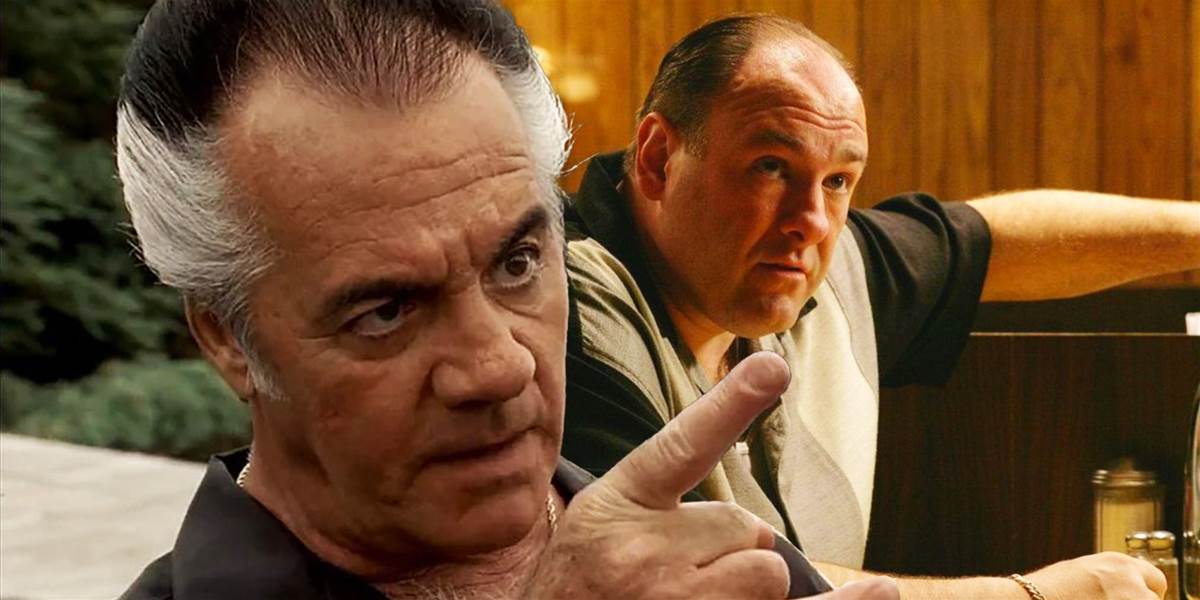
Lorraine Bracco, who portrayed Dr. Jennifer Melfi, Tony's therapist, remembered Gandolfini as a "big teddy bear" with a tender heart. Her reflections, along with those of other cast members, reveal the deep respect and affection they had for him. Their anecdotes offer a glimpse into the man behind the iconic role, emphasizing his humanity and the lasting impact he had on those around him.
Conclusion: The Legacy of Ambiguity and Excellence
The enduring legacy of The Sopranos lies not only in its storytelling and character development but also in its willingness to embrace ambiguity. The controversial ending, while leaving many questions unanswered, perfectly encapsulates the show's central themes of unpredictability and the constant presence of danger in the mob world.
James Gandolfini's portrayal of Tony Soprano remains a high-water mark in television history, and the tributes from his co-stars continue to remind us of his extraordinary talent and the profound impact he had on everyone who worked with him.
As we reflect on the show's legacy, we are reminded of the power of storytelling to capture the complexities of human nature and the lasting impression it leaves on viewers.












